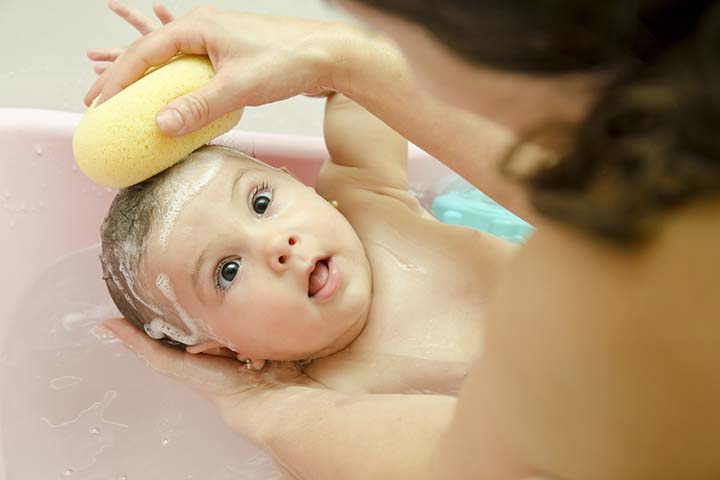(Transatlantic Today) —Questions about parenting practices and cultural norms often arise in today’s diverse and ever-evolving world. One such query that often perplexes parents is, “Is it illegal to shower with your child?” This topic delves into the delicate balance between cultural practices, individual preferences, and the boundaries defined by legal norms. In this article, we’ll explore this question, shed light on the factors influencing this practice, and provide guidance on navigating the fine line between tradition and legality.
The Practice of Bathing With Your Child
Bathing with one’s child is a practice that spans various cultures and has been passed down through generations. It’s a bonding experience for many parents and an opportunity to teach children about personal hygiene and body positivity in a comfortable environment. However, as society evolves and norms shift, concerns and questions about this practice have emerged.
Cultural Variations
Cultural practices often dictate various aspects of parenting, including how children are bathed. What may be considered entirely normal in one culture might raise eyebrows in another. It’s crucial to acknowledge and respect these cultural variations while recognizing that cultural practices can sometimes collide with the broader norms of a nation.
For instance, in some cultures, it’s customary for families to bathe together, irrespective of age. This practice emphasizes the importance of communal bonds and often occurs in large, multi-generational households. However, in a nation with different customs and norms, this practice might be considered unusual or inappropriate.
Is It Illegal To Shower With Your Child?
The legality of bathing with your child is a complex and nuanced issue. While no blanket laws prohibit parents from showering with their children, legal boundaries can vary depending on location, circumstances, and the child’s age. The primary concern for the law is ensuring the child’s safety and well-being.
Child welfare laws aim to protect children from harm or neglect. In some cases, if bathing with a child is deemed to endanger their safety or psychological well-being, it could lead to legal issues. These cases are, however, relatively rare and typically involve extreme circumstances.
Age-Appropriate Boundaries
Determining when to stop bathing with your child largely depends on the child’s age and development. As children grow older and become more independent, they naturally seek privacy, and parents should respect their evolving boundaries.
Parents and children often transition away from shared baths as the child becomes more self-sufficient. It’s essential to be attuned to your child’s comfort level and ensure that the transition is gradual and respectful of their needs.
Navigating the Gray Area
The question: Is it illegal to shower with your child often falls into a gray area where cultural norms and legal boundaries intersect. While no explicit law is against it, parents should always prioritize their child’s comfort, safety, and emotional well-being.
Here are some guidelines to navigate this gray area:
- Open Communication: Maintain communication with your child as they grow. Please motivate them to express their feelings and concerns about bathing together. Respect their boundaries and preferences
- Age and Development: Consider your child’s age and developmental stage. As they become more independent, give them the autonomy to bathe on their own if they wish
- Privacy: Teach your child about the importance of privacy and personal boundaries. This education can help them understand when they might want to bathe alone
- Cultural Sensitivity: If your cultural practices involve bathing together, be aware of how others might perceive these practices. Be prepared to explain and educate when necessary
- Legal Awareness: Familiarize yourself with your area’s local child welfare laws. While it’s rare to face legal consequences for bathing with your child, understanding the legal landscape can provide peace of mind
- Supervision: Always supervise bath time for younger children to ensure their safety. As they grow older and gain more independence, adjust your level of supervision accordingly
Conclusion: Is It Illegal To Shower With Your Child?
In the end, whether it is illegal to shower with your child does not have a one-size-fits-all answer. It is a multifaceted issue influenced by culture, individual preferences, and legal considerations. Parents should prioritize their child’s well-being, comfort, and autonomy while being mindful of cultural practices and legal boundaries.
Ultimately, how you raise your child is your business, but it should always be done with their best interests at heart. Open communication, respect for boundaries, and an understanding of cultural and legal nuances can help parents navigate this sensitive aspect of parenting with grace and empathy.


























